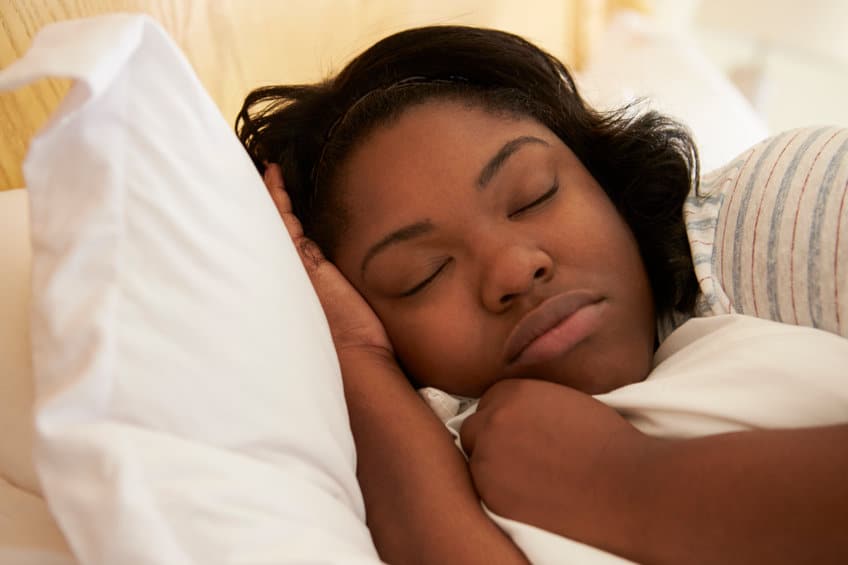By John Salak –
Hitting the pillow and falling into a deep, peaceful sleep is heaven for many people. It may also be a lifesaver.
Researchers out of the University of Surrey in Britain, in fact, recently warned that people who have troubling falling asleep face a greater risk of dying than those who easily nod off. The dangers of sleepless nights are even greater for individuals with Type-2 diabetes.
The university’s conclusions came after it examined data from half a million middle-aged Brits who didn’t sleep well. While poor sleeping is worrisome for anyone, the study discovered that those with Type-2 diabetes were 87 percent more likely to die of any cause than people without diabetes or sleep disturbances.
“Although we already knew that there is a strong link between poor sleep and poor health, this illustrates the problem starkly,” reported Malcolm von Schantz, the first author of the study and a professor at university.
“The question asked when the participants enrolled does not necessarily distinguish between insomnia and other sleep disorders, such as sleep apnea. Still, from a practical point of view it doesn’t matter. Doctors should take sleep problems as seriously as other risk factors and work with their patients on reducing and mitigating their overall risk,” von Schantz added.
If sleeping poorly is bad, decent regular sleep may be a balm that improves general health and tackles a range of ailments. These include lowering the risk of heart disease, boosting immune systems, increasing productivity, strengthening memory function and even preventing weight gain.
Recently, however, it was revealed that sound may also play a critical role in healing traumatic brain injury, a new study of military veterans suggests.
Researchers at the Oregon Health & Science University examined MRIs to evaluate the enlargement of perivascular spaces that surround blood vessels in the brain because these enlargements occur with aging and may lead to dementia. The investigation found that veterans who slept poorly had more evidence of these enlarged spaces and more post-concussive symptoms.
“This has huge implications for the armed forces as well as civilians,” said lead author Dr. Juan Piantino, an assistant professor in the OHSU School of Medicine. “This study suggests sleep may play an important role in clearing waste from the brain after traumatic brain injury — and if you don’t sleep very well, you might not clean your brain as efficiently.”
Piantino added that the study’s results could also help older adults offset the impact of dementia. “Longer term, we can start thinking about using this method to predict who is going to be at higher risk for cognitive problems including dementia,” he said.
Thankfully, sleep is a modifiable habit that can be improved through a variety of methods, including better sleep hygiene habits such as reducing screen time before bed and moderating eating habits.













